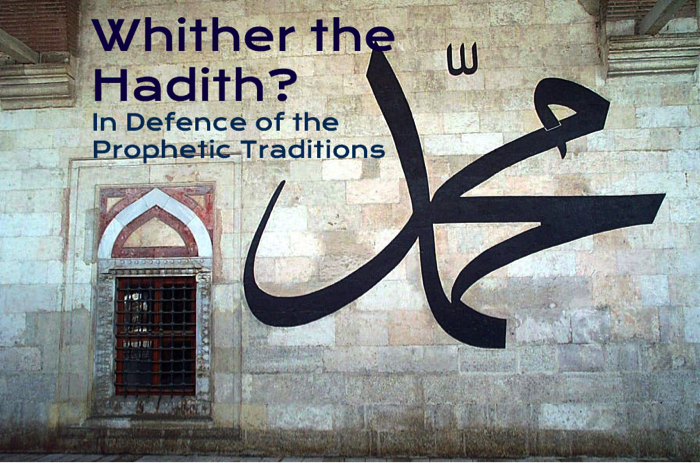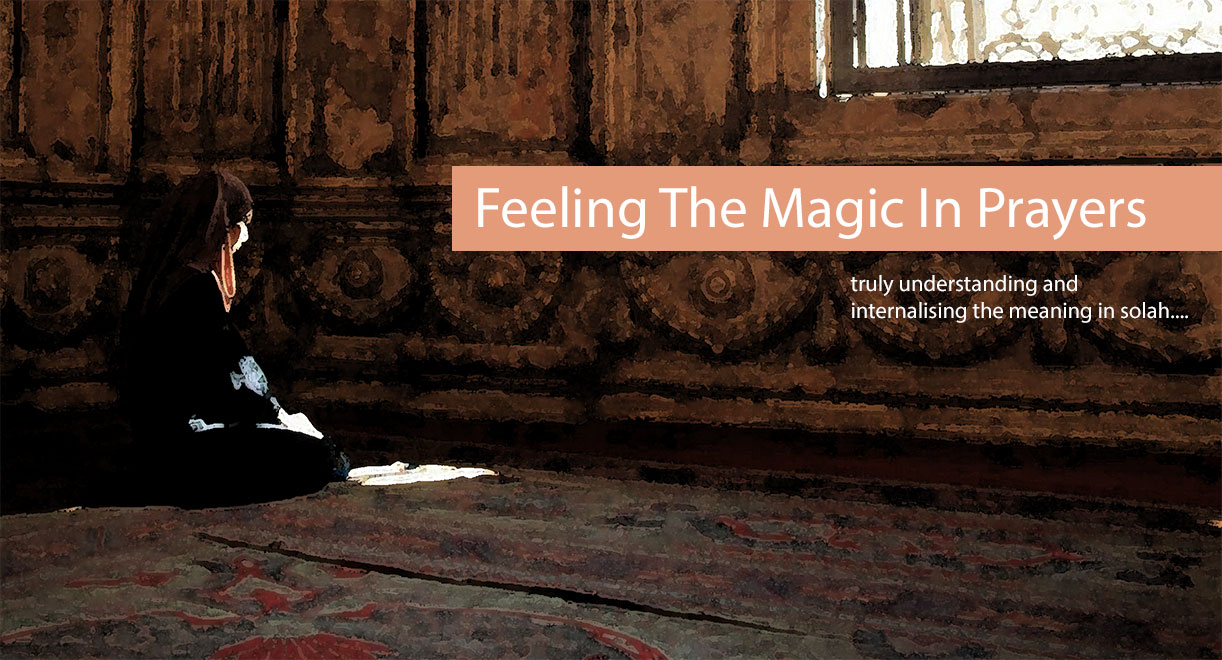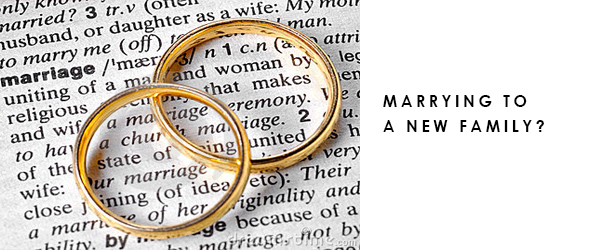In defence of the Prophetic Traditions
“I leave behind me two things, the Quran and my Sunnah, and if you follow these you will never go astray.”
The Prophet Muhammad (Peace be upon him), in his farewell sermon
Several articles questioning the validity of the hadith have come to light recently, most recently in the case of Malaysian scholar Kassim Ahmad, who in a public lecture questioned the use of the hadith in interpreting the Qur’an, and had previously written two books questioning the validity of the hadith.
Such unfavourable views of the hadith are often from those without a deep understanding of the religion and who cast their own viewpoints, often influenced by secular ideologies, on to the religion. That seemingly so many are confused on the matter of the hadith, insisting that the Prophet Muhammad (SAWS) was ‘merely a man’ and that guidance from Allah comes only in the form of the Qur’an. Yet in the Qur’an itself we see so many verses extolling the virtues of the Prophet Muhammad (SAWS) and asking people to follow in his footsteps.
“You have an excellent model in the Messenger of Allah, for all who put their hope in Allah and the Last Day and remember Allah much.”
Surah Al-Ahzab, Verse 21
“He who obeys the Messenger has obeyed Allah”
Surah An-Nisaa, Verse 80
I have heard numerous teachers say that were the Qur’an sufficient, Allah would have sent it to us with no need of a messenger. Instead, the Prophet Muhammad (SAWS) was sent with the Book of Allah as a living explanation and embodiment of Qur’anic virtue.
Many scholars have stated that the sunnah of the Prophet (SAWS) is in of itself a form of wahy, or divine revelation, as he did not act on his own whims and fancies but rather based on the pleasure of Allah, as is stated in the Qur’an.
“Your companion [Muhammad] has not strayed, nor has he erred, nor does he speak from [his own] inclination. It is not but a revelation revealed…”
Surah An-Najm verses 2-4
I am no muhaddithun, nor an Islamic scholar of any sort. However, I am a Muslim who does not wish to see the dignity of our Prophet (SAWS) or his traditions being belittled, so insha Allah I hope to address some of the criticisms of hadith that I have seen.
1. The hadith are man-made and thus untrustworthy
There has been a tendency to paint the hadith as being inherently untrustworthy, with the major collections of hadith having been collected more than a century after the passing of the Prophet (SAWS) and thus subject to fabrication and misinterpretation.
In fact, the hadiths of the Prophet (SAWS) were passed orally and written down even during the time of the Prophet (SAWS), and this continued after his death. The fabrication of hadith was known from the time of the Muslims after the death of the Prophet Muhammad (SAWS), and the collection of the books of the hadith was meant to counter the spreading of false hadiths. The scholars of hadith exercised great scrupulousness when compiling the books, and examined carefully the chains of transmission of the hadith from narrator to narrator to ensure their authenticity. The verification of hadith is a science, and the scrutiny that hadith scholars put into their work would put much modern-day research to shame.
The Muwatta, one of the earliest known collections of hadith, was said to have contained only 1% of more than 100,000 hadith collected over the course of 40 years by Imam Malik, who himself was a contemporary of many of the Tabi’in (the generation immediately following the companions of the Prophet (SAWS)). Imam Bukhari was known to have travelled great distances to compile the Sahih Bukhari, and would reject hadiths related by those known to be liars or untrustworthy.
2. If we get rid of the hadith, all of the “negative” aspects of Islam will go away
Some believe that all the negative traits people tend to associate with Islam come from the hadiths, that misogyny, violence, and irrationality would be wiped out from among the Muslims if only they were to follow the pure Word of God in the Qur’an.
Instead, from what little I have been blessed to study from the hadith, I see examples upon examples of prophetic mercy from the Messenger of Allah (SAWS). From his kindness and generosity to his wives, children, animals and even to his enemies; to his steadfastness in worship to Allah and his adherence to simplicity and asceticism in spite of the great power and influence he wielded.
3. All we need to know about Islam comes from the Qur’an
The details regarding nearly all forms of worship is found in the hadith. For example, the Qur’an prescribes prayer for the believers. However, the details of the prayer, from the timings of the prayers, to the movements to be performed, and the verses to be recited, can only be found in the hadiths. Can one imagine the religion of Islam without the obligatory five daily prayers? It is impossible that such an integral part of the deen, described as one of its pillars, was fabricated out of thin air and then performed unquestioningly by generation after generation of Muslims without clear proof. The proof, in this case, comes from the hadith.
4. The Hadiths are Misguidance?
In returning to the hadith however we should not assume that one can simply crack open Sahih Bukhari or Sahih Muslim, read the hadiths and subsequently derive religious rulings independently. It has been said that the hadiths are misguidance except for the ulema, and a layperson can easily be confused by hadiths which at first glance seem to contradict each other.
Rather what is needed is a holistic understanding of Islam, based upon a sound understanding of the Qur’an and hadith, and revolving around the various religious sciences including fiqh, aqidah and tasawwuf. To do this one needs qualified teachers, with chains of knowledge leading back to the Prophet, as guides.
We ask Allah to keep us away from the misguidance of denying the hadiths their rightful position in Islamic belief, and to allow us to honour the Prophet Muhammad (SAWS) through the practice of his sunnah and an understanding of his hadiths.
“The character of the Prophet was the Quran.”
Sayyidatina Aishah (Sahih Muslim)
___
Ahmad Zhaki Abdullah
Ahmad Zhaki holds a degree in English Literature from the University of London. He is a full-time executive at a local research institute and a part-time writer.
Note*: This article first appeared in Muzlimbuzz.sg and was reproduced with permission.










As an example for point one, the chains of transmission for a single hadith
I just love when I see articles that refute Quranists' claims. It just tells who truly has more idea about his religion and holy book. Apparently, all prayer steps are given in Quran and that is also in accurate form. Another reason I love this kind of article is because it shows how horribly hadith defenders are hypocrite. They say "I am a Muslim who does not wish to see the dignity of our Prophet (SAWS) or his traditions being belittled, so insha Allah I hope to address some of the criticisms of hadith that I have seen" while accepting the following verses:
Bukhari Volume 7, Book 62, Number 6: Narrated Anas: The Prophet used to go round (have sexual relations with) all his wives in one night, and he had nine wives.
(Bukhari, Book of Nikah 3:52). The (Exalted) Messenger used to visit all nine of his wives every night. The Holy Messenger used to have intercourse with all of his wives in one hour of the day and night (without taking a bath) and these (wives) were eleven.
(Bukhari, Book of Bath 1:189) The Holy Prophet had the (sexual) power of 30 men
(Bukhari, Book of Nikah 3:52) The Prophet said that the best man amongst his followers is the onewho has the greatest number of wives.
(Bukhari Kitabul Qadr 3:543) A man inquired, “We earn income from these bondwomen, (other narratives mention prostitutes) so can we do coitus interruptus with them?” The Prophet said, “There is no sin in doing that”.
(Bukhari Kitabul Fatan 3:718). The Prophet’s wives awoke late one morning. He said, “Many women who are dressed up in this world will be raised unclothed in the Hereafter”
(Bukhari, The Book of Bath 1:193) Maimoona said that she gazed at the Prophet taking a bath after intercourse, until she saw him wash his private parts.
Assalamualaikum,
As mentioned I am no scholar of hadith, so this is answered only from my paltry store of knowledge.
1. The contents of the books of hadith are not all accepted without contention. There are different levels of authenticity for hadith, and not all hadith authorities agree on the authenticity of each and every hadith. Furthermore, if one were to question the validity of hadiths above, for example, on the Prophet’s virility or the number of times he had relations with his wives, it does not mean his faith is in question.
2. The Prophet was married and was known to have relations with his wives. I don’t find hypocritical that there are accounts of his sexual encounters, however mild. If the idea is to propagate the notion that the Prophet was a lecher or that Islam is a sexually lewd religion, I don’t find that this supports your case at all. As for concubinage, this is an issue of contention and one I will admit I am not qualified to answer. Maybe once I have more knowledge on the matter I will answer you.
I hope this finds you well.
Wasalam.